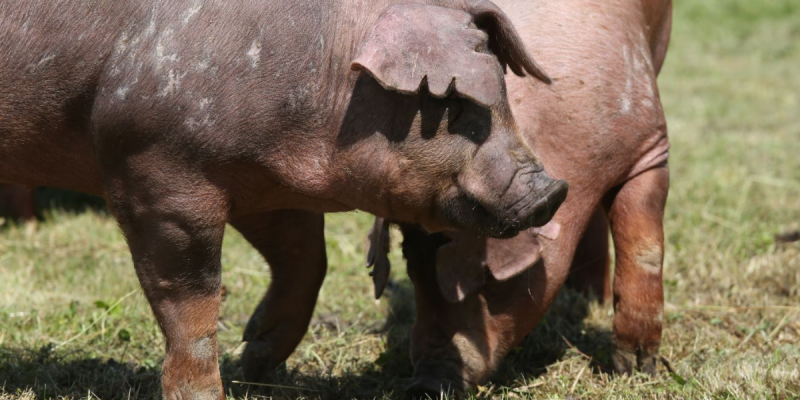Our Guidelines
We advocate for the use of sustainable raw materials and avoidance of environmentally harmful substances. We strive to minimize the consumption of resources and prioritize the use of sustainable energy sources. In cases of unavoidable impacts, we implement compensation measures to offset the environmental impact.
Sustainable Production Practices
We prioritize short supply chains for our raw materials and products, continually enhancing their sustainable manufacturing. It is essential for us to create authentic and natural products in the most sustainable manner possible.
Pioneering Climate Neutrality & Animal Welfare
We are committed to achieving a climate-neutral production across the entire value chain and strive to lead in improving animal welfare.
Climate
Our Long-Term Goal: By 2045, we aim to be completely climate-neutral.
Through ongoing investments in sustainable production at our facilities, we plan to make our own production climate-neutral by 2027 and obtain Scope 1 and Scope 2 certifications*. Our ultimate objective is to achieve climate neutrality across all aspects by 2045!
*Scope 1: involves the direct emission of greenhouse gases within the company.
Scope 2: involves the indirect emission of greenhouse gases through energy suppliers.
To achieve this, we have already initiated and implemented several projects:
Lean and Green Award
Thanks to our optimized logistics system, we successfully reduced our CO2 emissions by 25%. In recognition of this achievement, we were honored with the Lean & Green Award by GS1 in 2022.
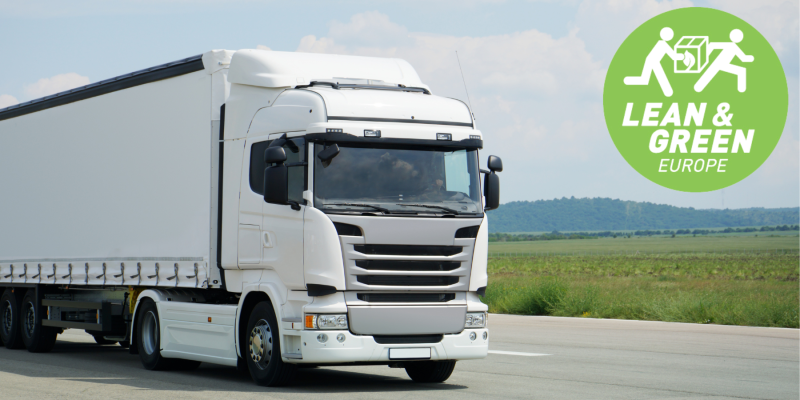
Environmental Management ISO14001
We initiated the implementation of environmental management according to ISO 14001 in 2022, with the goal of obtaining certification by 2024.
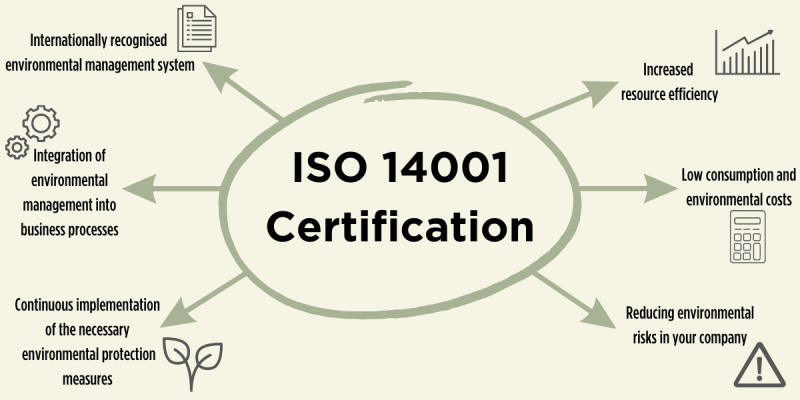
Continuous Investments in Sustainable Production
This includes initiatives such as the optimization of compressed air systems to reduce electricity consumption, achieved through the implementation of new high-energy-efficient compressors with heat recovery. Additionally, we are currently evaluating alternatives to Thermal Afterburning (TNV) with the aim of reducing gas consumption by 50%.
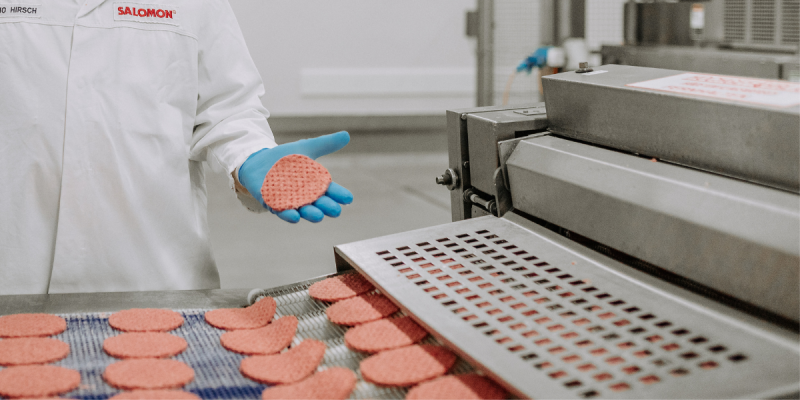
Biodiversity
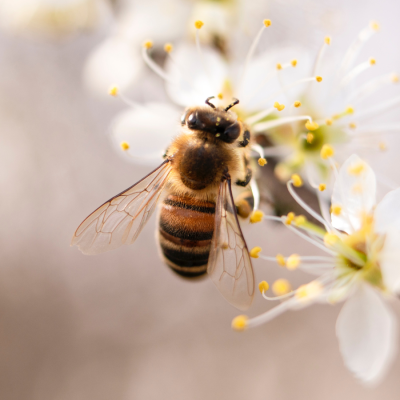
Bee Colonies
We maintain and keep our own bee colonies at our location in Großostheim.
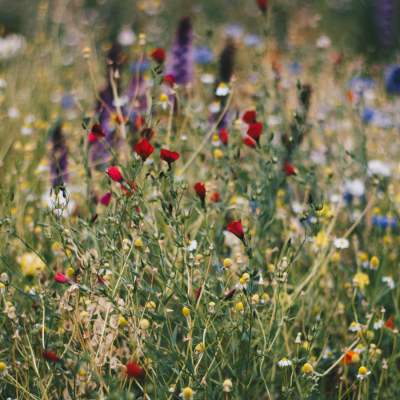
Green Spaces
In collaboration with experts, we have established dedicated flower meadows in Großostheim to promote biodiversity in our surroundings.
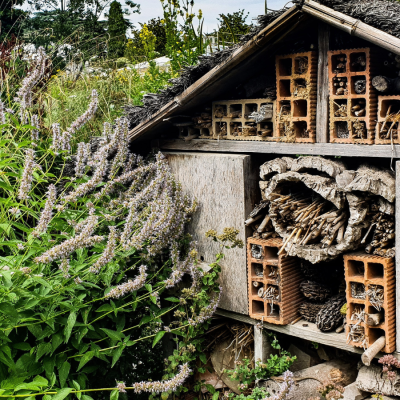
Insect Hotels
We are working to install our own insect hotels on our company premises, providing a home for many species.
Zero Deforestation
In our products, we do not use any palm oil, and through predominantly sourcing animal raw materials locally, we prevent the deforestation of precious rainforests.

Naturalness & Sustainable Packaging
Naturalness
- Our entire product portfolio is 100% palm oil-free.
- With few exceptions, our products are free from additives requiring labeling (exceptions include traditional ingredients such as ham due to curing salt).
- Our principle is to source as locally as possible to avoid long transportation routes. Thus, 100% of our beef and pork come from within the EU.

Sustainable Packaging
100% of our packaging is recyclable, as we exclusively use mono-materials. Furthermore, the cartons used in our production facilities are made from recycled materials.**
Learn more here.
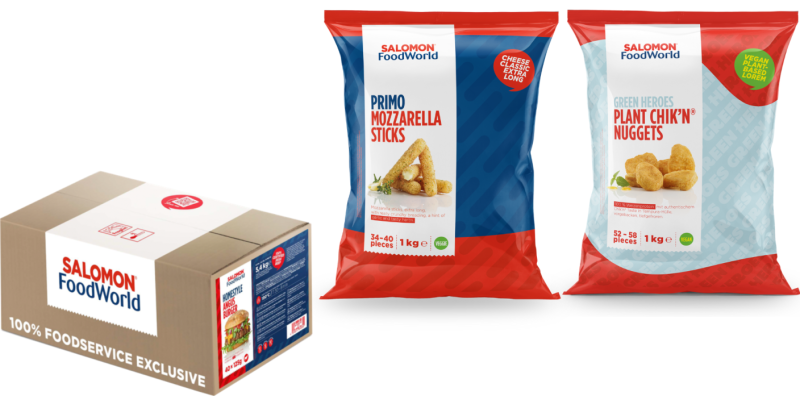
Animal Welfare
Slaughterhouses
- In all* slaughterhouses operated by Vion (our parent company), a camera system is employed to monitor all processes involving live animals. Additionally, this camera surveillance system is complemented with artificial intelligence.
- During both renovation plans and employee training, Vion utilizes various innovative technologies, such as VR cow goggles. These tools contribute to perceiving the environment from the animal's perspective.
*Except for Furth im Wald due to data protection concerns raised by authorities.
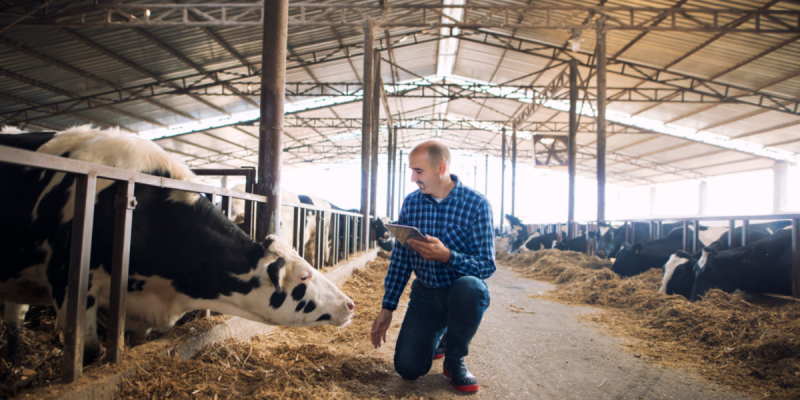
Animal Transport
- Decentralized network of size-optimized slaughterhouses
- 89% / 95% of animal transports (cattle/pig) are limited to a maximum of 200 km, corresponding to a transportation time of max. 4 hours.
- Measures during animal transport in heat periods (>27°C), such as reducing stocking density and fewer animal transports in high temperatures.
- Regular training of transport companies regarding animal welfare.
- Standardized transport inspections are conducted during every unloading of animals.
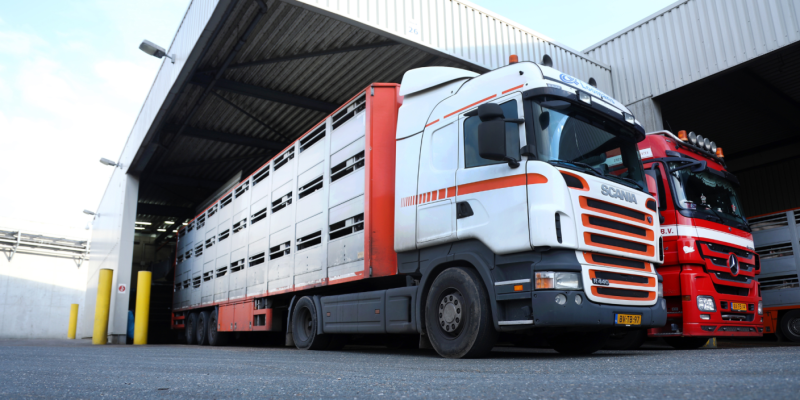
Animal Welfare in Organic Animal Farming
- Species-appropriate animal husbandry, including criteria such as more space for animals, access to outdoor areas, and more.
- Sustainable agriculture and feed through practices like avoiding chemical-synthetic pesticides, refraining from genetic engineering, and maintaining a balanced ratio of feed areas to animals.
- Strictly limited and controlled use of medications due to species-appropriate housing systems and stringent regulations.
- Water and climate protection in compliance with EU organic regulations at participating agricultural enterprises.
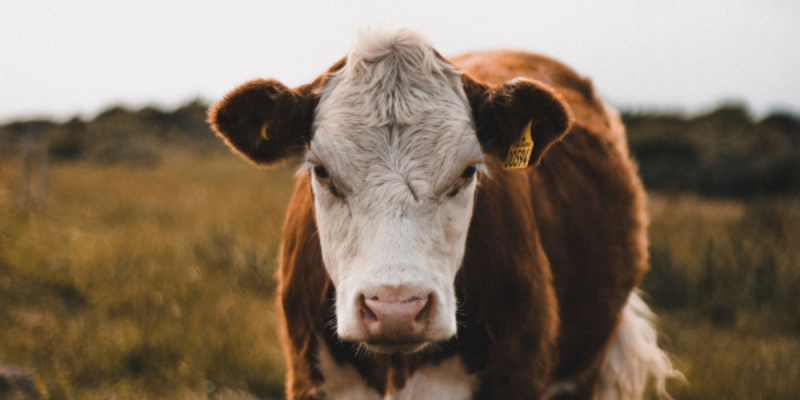
The Green Way
We source our organic beef from Allgäuhof. Our organic pork comes from our partner, The Green Way, one of the largest organic meat producers in Europe.
- Since 1981, The Green Way has worked closely with the best organic farmers in the Netherlands.
- The common goal is to provide a good life for the animals, a fair price for the farmer, and the production of excellent meat of the highest quality for the customer.
- There is a personal connection, and they collaborate trustingly.
